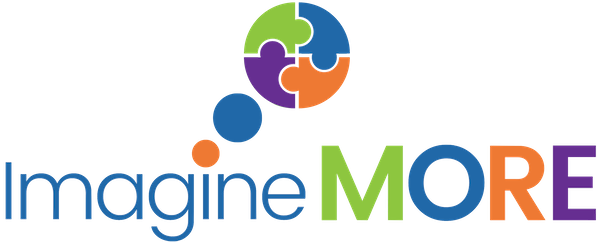It’s the eve of the Federal Election. The democracy sausages have been ordered, the gas bottles for the barbeques have been filled, and the how-to-vote leaflets are ready for distribution. Local candidates are polishing up their game-day smiles and Election Night speeches.
Many young Australians are preparing to vote for the first time on Saturday. It’s an exciting milestone for every citizen.
Through our Peer Groups and local networks, we’re aware of quite a few young adults with disability who will cast their vote this year. Families are supporting their children to do this by
- Downloading the excellent Easy Read documents about the voting process from the AEC website
- Creating their own documents to introduce local candidates and their policies (we’ve previously mentioned our disappointment that official Easy English documents about candidates are almost impossible to find).
- Talking about and practising the process of attending a polling booth and filling in a voting form, and
- Planning supports for attending the polling booth on Election Day.
This is family leadership in action!
When Australians with disability are well-supported to examine the issues and candidates and cast their vote, the election results more accurately reflect the needs and choices of every Australian. We’re excited that people with intellectual disability are becoming more visible in the democratic process. It’s powerful for others in the community, especially candidates, to see people with intellectual disability embracing their roles of voter and citizen.
It’s been concerning to see that some Australians with (especially intellectual) disability have had their right to vote removed based on a section of the Commonwealth Electoral Act (created in 1918) “by reason of being of unsound mind” and being “incapable of understanding the nature and significance of enrolment and voting”. We encourage you to read the recently reported experience of Shea MacDonough and this follow-up story that was published on May 19.
According to Natalie Wade, vice president of Australian Lawyers for Human Rights,
“The current wording (of the legislation)… targets people with disabilities, particularly those with intellectual disability and cognitive impairment, who have not been afforded the right to education, who may have low literacy, who have not been afforded the right to social participation or employment.” (Our emphasis added).
We recommend the approach of presuming competence and then providing adequate support for people with disability to participate in the good life, including voting in local, state, and federal elections.
Making choices and decisions is a skill that can be learned and honed over time. We all make lots of decisions every day. Some decisions are “one-and-done” such as “What will I have for lunch?” Others can have a long-lasting impact: “Where and with who will I live?” It’s so important to support people with intellectual disability to make their own decisions, both large and small. We’re excited to let you know that we’ll be hosting an event about Supported Decision Making in the near future.
Family Leadership: What it is, why we invest in it, and why your voice must be heard on Saturday
If you have ever
- advocated for your child
- advocated for another person
- advocated for a group of people
- this is leadership.
As families, we find ourselves doing all we can to help our family members with disability get the good things in life:
- An inclusive school experience where they learn, play and make friends
- Opportunities to find and maintain meaningful work
- Support to move into a place they can call home
- Creative approaches to establishing many and varied relationships.
As mentioned above, we’ve recently seen the leadership of families as they support their young to gain a deeper understanding of the democratic process and to vote in the Federal election
It’s important for families to remember that their voices must also be heard. We need to let the incoming government know what we need for all members of our families, including ourselves, to thrive.
We need to take action and we can do this by voting on Saturday.
When we have a collective stance on the important issues, we can create change.
On Saturday, 21 May 2022, let’s use our votes to demand true inclusion for everyone!



